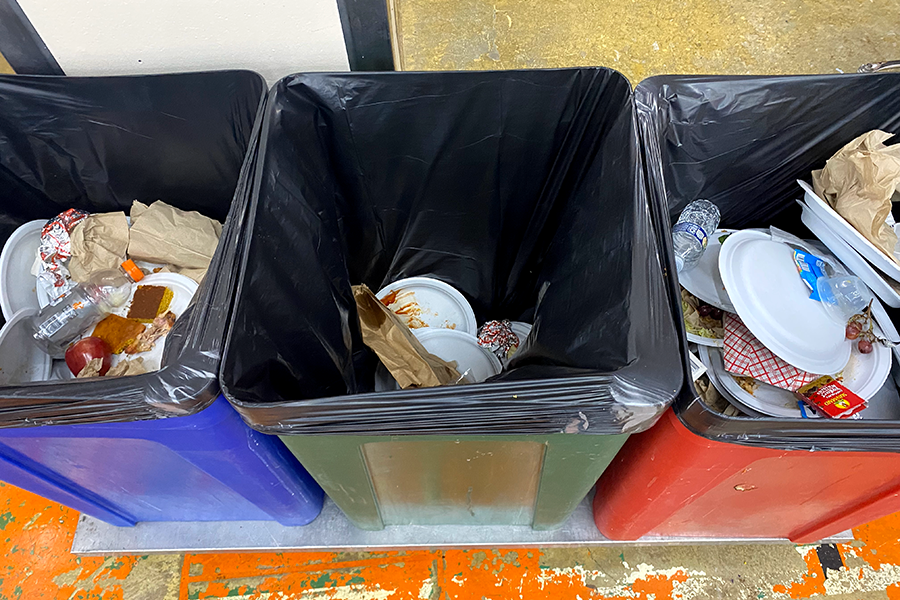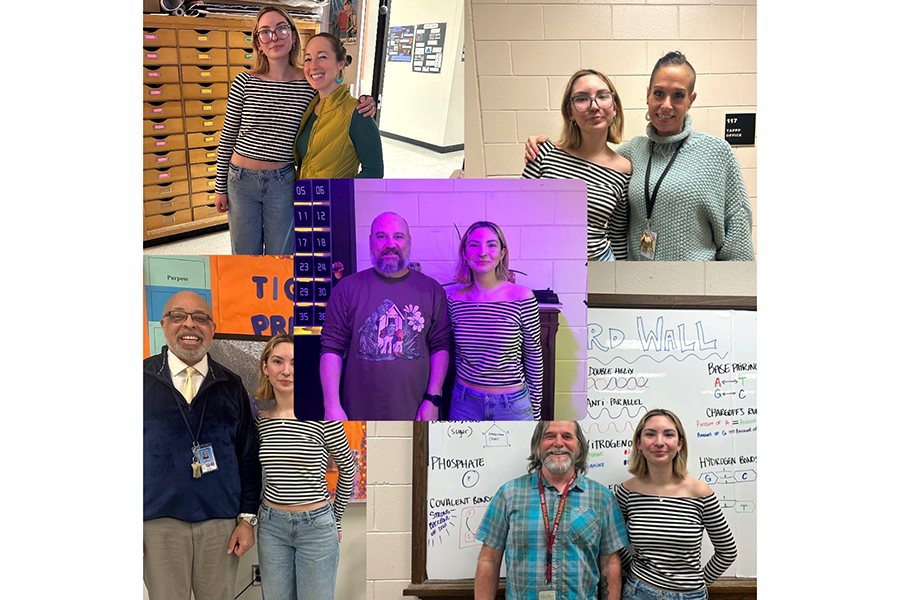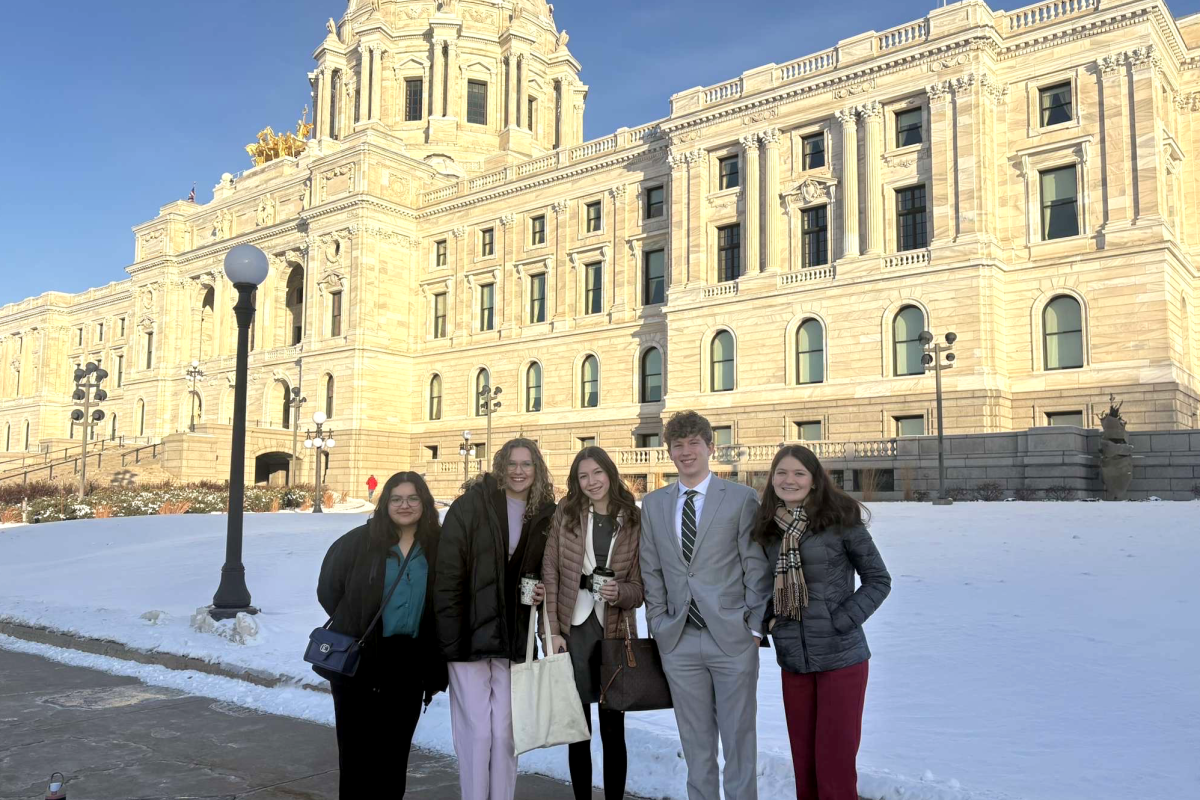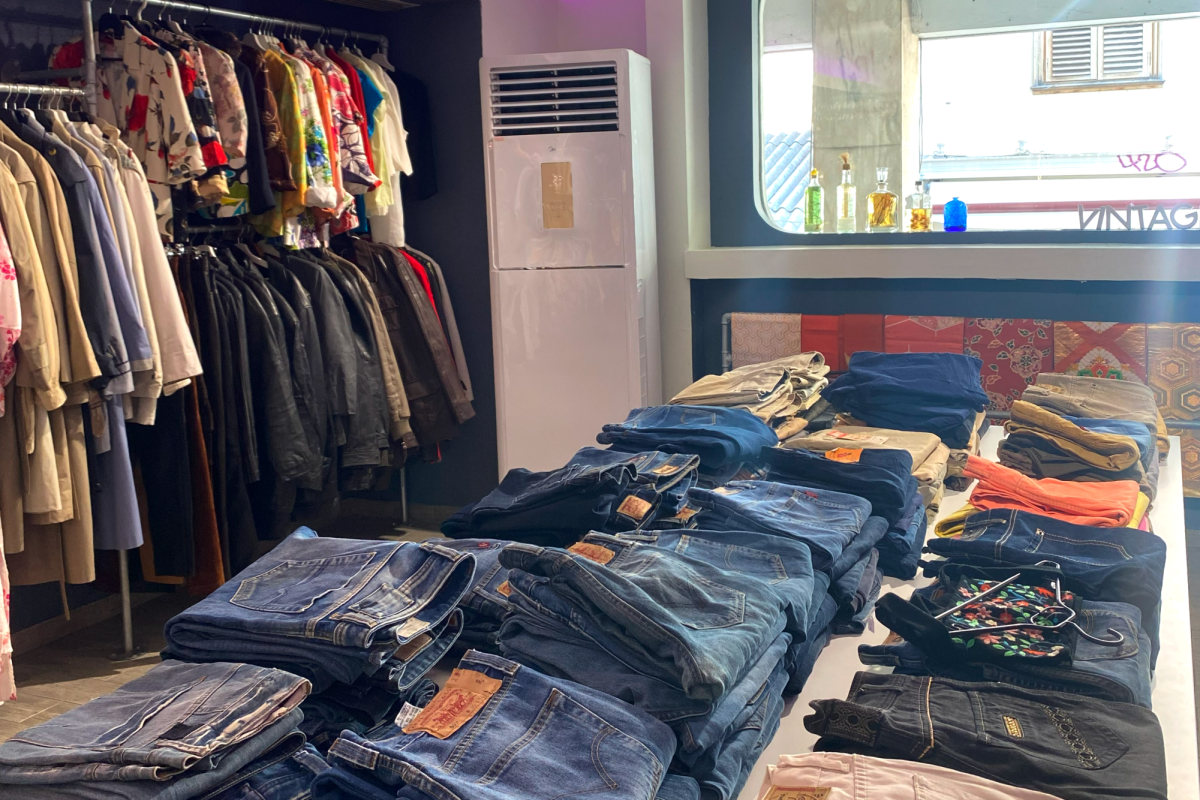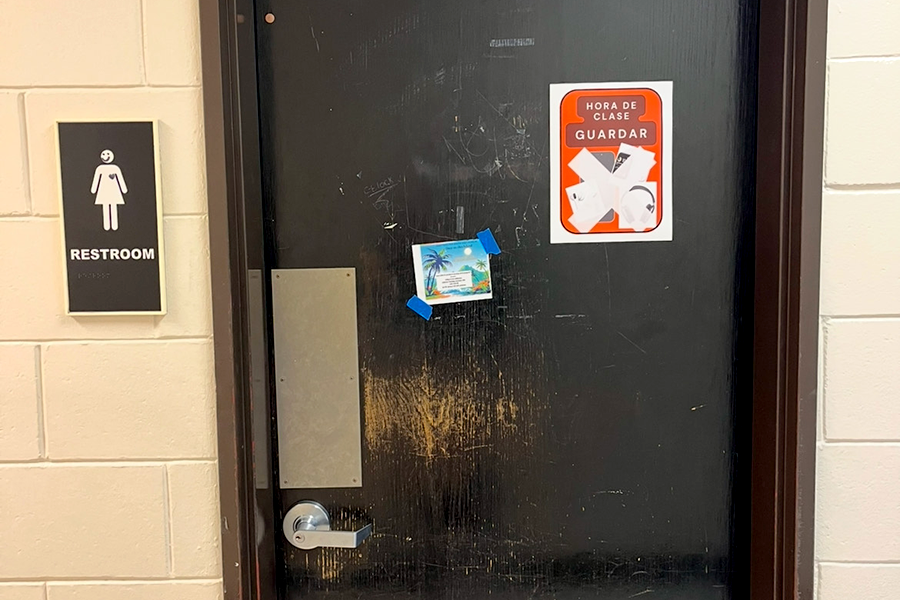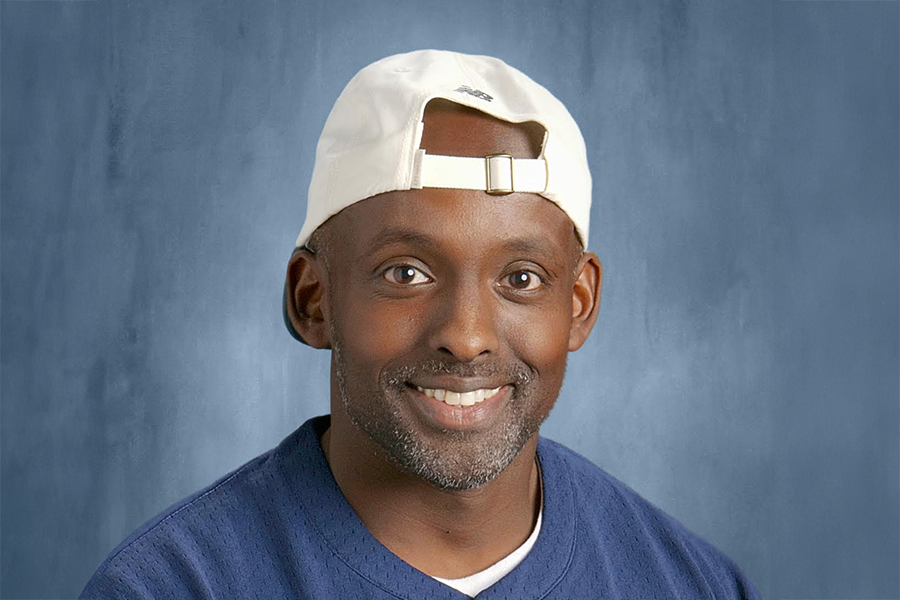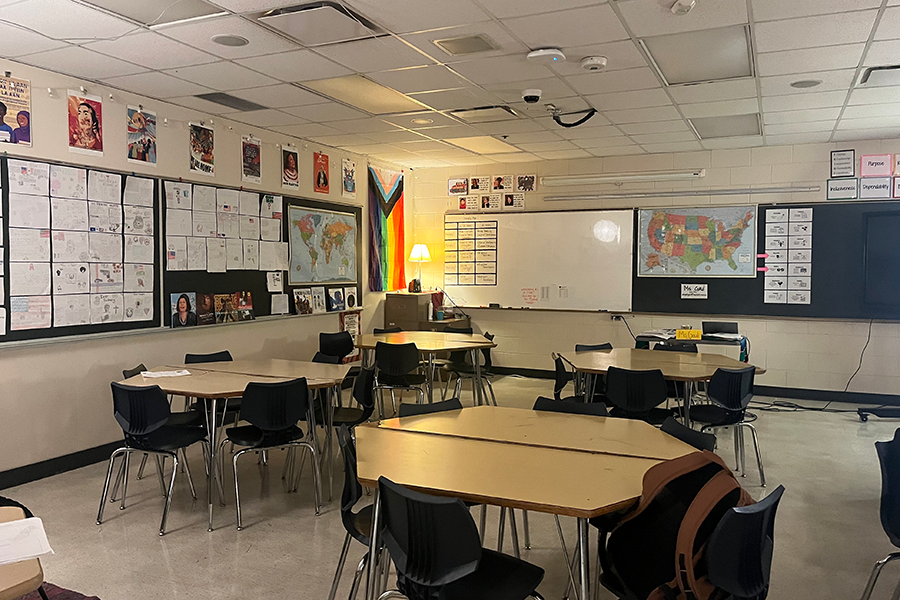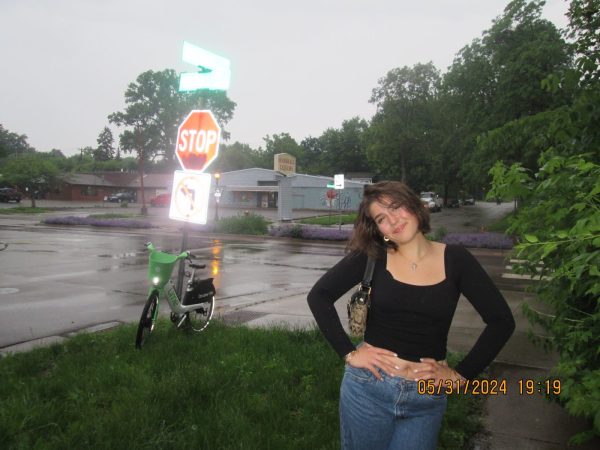At first glance, South looks environmentally friendly. We have bins in the lunchroom that color coordinate to trash, recycling, and compost, along with numerous water bottle fillers throughout the hallways, a garden run by a teacher that receives tending with the help of students at South, and even solar panels. Despite having all of these seemingly sustainable tools that theoretically help our environment, plus a new principal that recognizes educating students and staff about environmental sustainability is important, quite literally none of these tools actually are used. There is a lot of miscommunication surrounding the recycling situation and it is unclear whether the recycling and compost are actually put in the proper bins when they leave the building.
Students typically do not sort their trash, recycling, and compost and often will just throw their trash on the ground around the school. Juan Natera, the new lead custodian said “I have a plan for recycling, but nobody recycles here.” Natera stated that students and staff at South don’t respect the building. The problem with respect, he said, is that many of the staff only come here for the salary. “The people are coming only for a salary, the people aren’t coming for love in this school.”
Natera, who grew up in Venezuela and lived in numerous other countries like Italy, Brazil, and Spain, said that the cultural perspective of life in the United States is very different. “I see people who don’t have, and people who do have.” Natera is on a two-year contract so that he can get the building back “in order”. He said, “The plan is, take [and] make, get this school working normally… the problem is here, this school does not have rules, we don’t have consequences.” With his contract being focused on the restoration of the building, his first priority has to be the organization and order in the school, not long-term environmental sustainability.
Ahmed Amin, South’s new principal, has a different perspective about the recycling and trash situation. “I’m still new and learning,” he said. “I think the one positive thing is that students are asked during lunch to really focus on recycling and putting items in the appropriate boxes… the times that I’m at lunch, it seems like kids are actually following through… making sure things are recycled, so we aren’t putting everything in the trash.” However, students throughout the school such as Mila Beitz, Liam Johnson, Sarai Rodriquez, and Valeria Cecena, said they do not see students sorting their waste into the correct bins. Simply looking outside on the practice field, where students can eat lunch, there are no recycling or compost bins, only trash bins, and there is trash everywhere. This can become a problem for not only students who just want to eat outside and then respectively throw their trash away, it is also littering and can lead to more severe environmental damage.
South’s environmental club, Green Tigers, is run by co-presidents Macy Gearhart and Zora Bael-Cyr. The club meets every Thursday morning in Mr. Ponto’s room, a Biology teacher. Green Tigers have been striving for sustainable changes at South for years, such as by purchasing and installing water bottle filters, hosting plant sales, and just last year, starting up a free thrift store. Called a thrift store for a reason, students and staff are welcome to donate clothes and take clothes at no cost, with the hope of continuing the circulation of secondhand clothes and slowing down fast fashion purchases of students.
Gearhart and Bael-Cyr believe that there needs to be “more funding towards sustainable initiatives,” such as the use of the solar panels and funding for replacing the water bottle filters, which Green Tigers currently is in charge of paying for. As leaders of one of many clubs working to better South High, Gearhart and Bael-Cyr hope that administrators can try to “make their own initiatives to make South more sustainable… like fixing the recycling situation.”
As students, while we should be supported by administrators, we also have power over our own school environment and we can start making a difference at any point. Every time you sort your waste correctly at school, shop at the Green Tigers thrift store, pick up the trash—even if it isn’t your own—from the practice field, and use the water bottle fillers with a reusable water bottle, you are making the choice to be better to the environment. Make those choices, because it starts with us.

